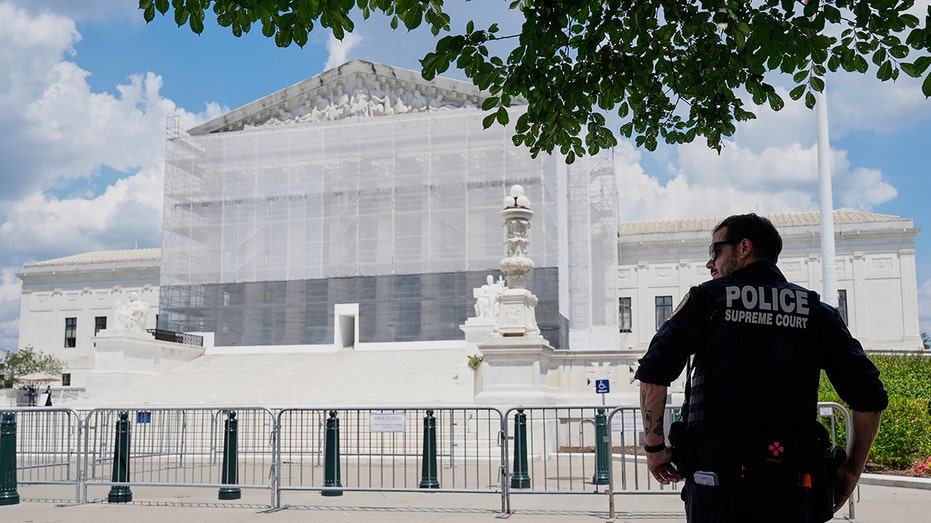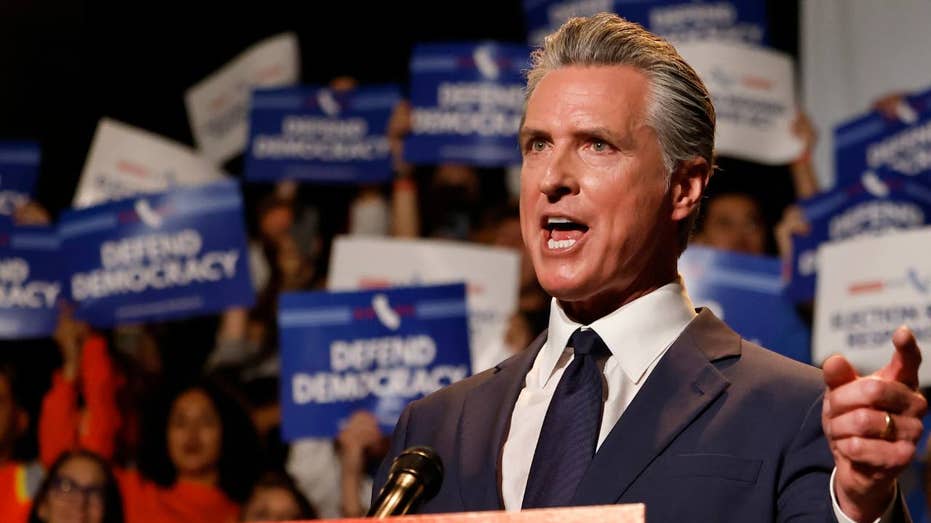The air in the Capitol press room crackled with tension as House Minority Leader Hakeem Jeffries stepped to the podium, the weight of a recently averted government shutdown pressing heavily on his shoulders.
What followed wasn’t a measured response, but a visible eruption of frustration. Jeffries’ voice rose, his carefully constructed composure dissolving as he addressed reporters, the scene quickly escalating into a moment that would be dissected and debated for days.
Weeks of fraught negotiations had culminated in a clean funding bill, pushed through by Speaker Mike Johnson and Senate Republicans. It reopened the government, restored paychecks, and revived essential services – but without the additional spending Democrats had fiercely advocated for.

Jeffries accused Republicans of deliberately creating chaos and holding the American people hostage, claiming they had refused genuine negotiation. His words, however, lacked the conviction of someone holding a strong hand.
The reality was starkly different. The Republican plan had garnered bipartisan support, swiftly ending a shutdown that had already begun to disrupt vital federal services and fuel public discontent.
As reporters pressed him on the outcome, Jeffries’ agitation only intensified. He dismissed any suggestion of miscalculation on his party’s part, launching into a passionate critique of “extremism” and alleged manipulation by former President Trump.
Unnoticed by many during his outburst, the White House had quietly signaled its acceptance of the reopening deal days prior, a fact that underscored the growing disconnect between Jeffries’ rhetoric and the shifting political landscape.
Within his own party, cracks were beginning to show. Many moderate Democrats breathed a collective sigh of relief that the standoff had ended before inflicting further economic damage, a sentiment seemingly lost on their leader.
Former President Trump, meanwhile, celebrated the reopening as a triumph for the American worker, framing it as a clear victory for Republicans and a stark admission of defeat for Democrats.
Across the country, Americans weary of political gridlock resonated with the message. The disruptions caused by the shutdown – from air traffic control shortages to suspended programs – had stretched public patience to its breaking point.
Jeffries’ outburst, in retrospect, appeared to symbolize a broader erosion of Democratic leverage. By refusing to compromise, his party had found itself cornered, ultimately forced to accept terms dictated by the opposition.
The outcome not only bolstered Trump’s image as a skilled negotiator but also exposed deep divisions within the Democratic party as they look ahead to future elections.
The moment, captured and shared widely, may well be remembered as a defining political spectacle of the year – a powerful display of frustration from a leader watching his party’s strategy unravel before his eyes.
It was a scene of raw emotion, a visible manifestation of a failed attempt to leverage a government shutdown for political gain.





